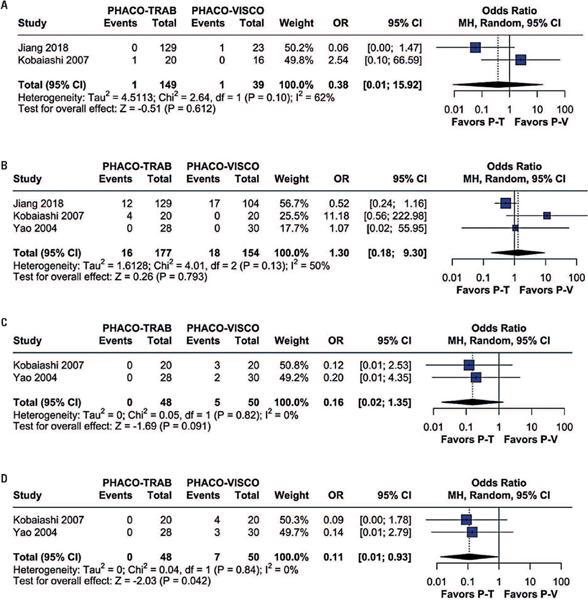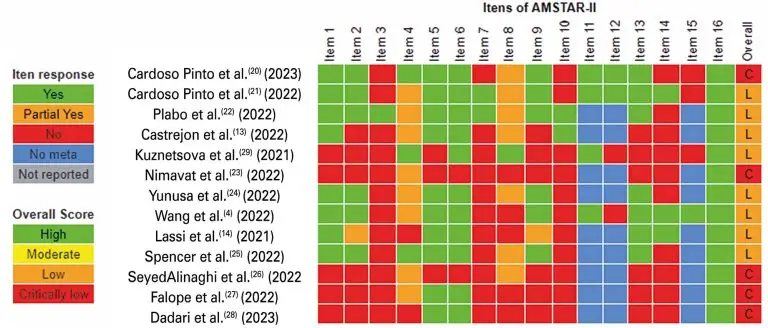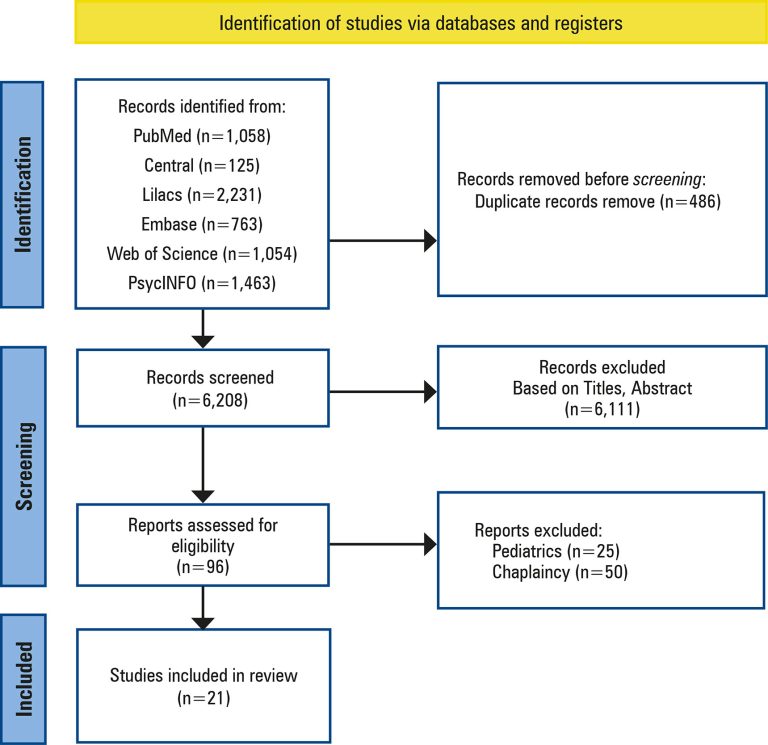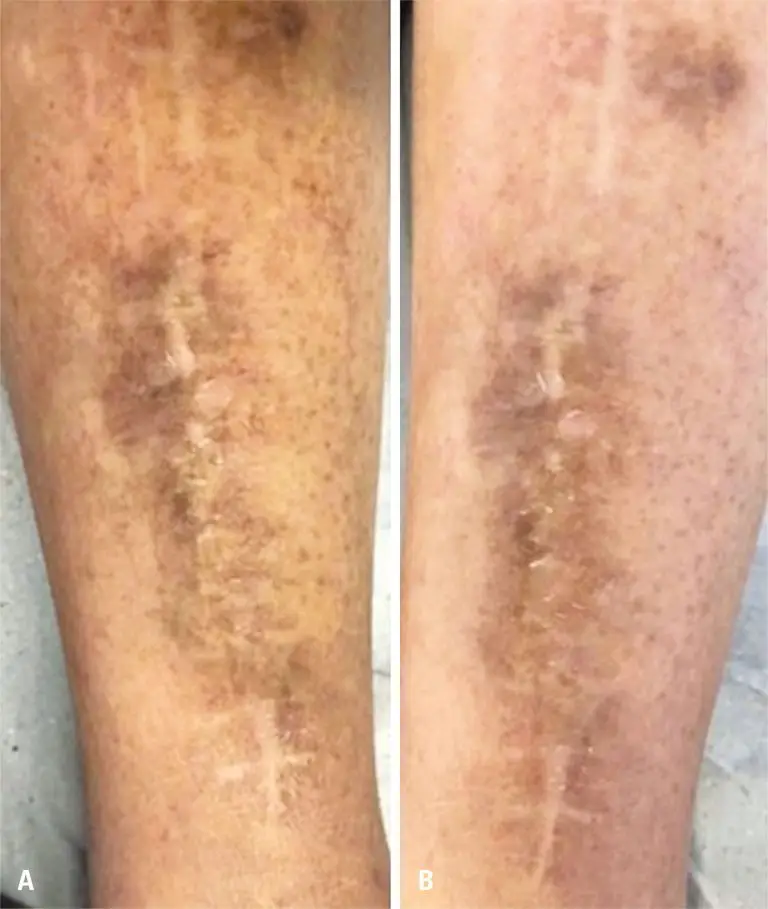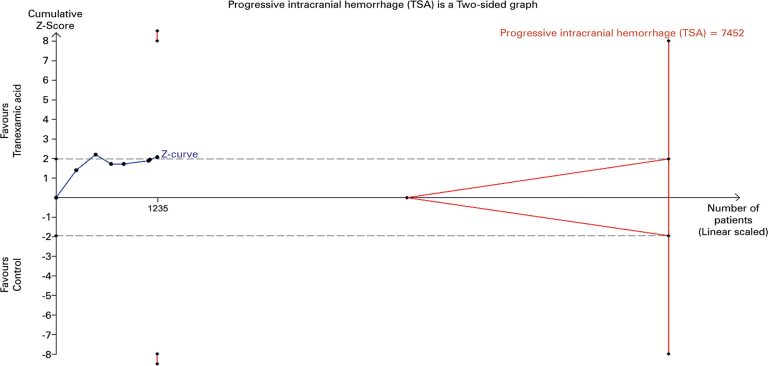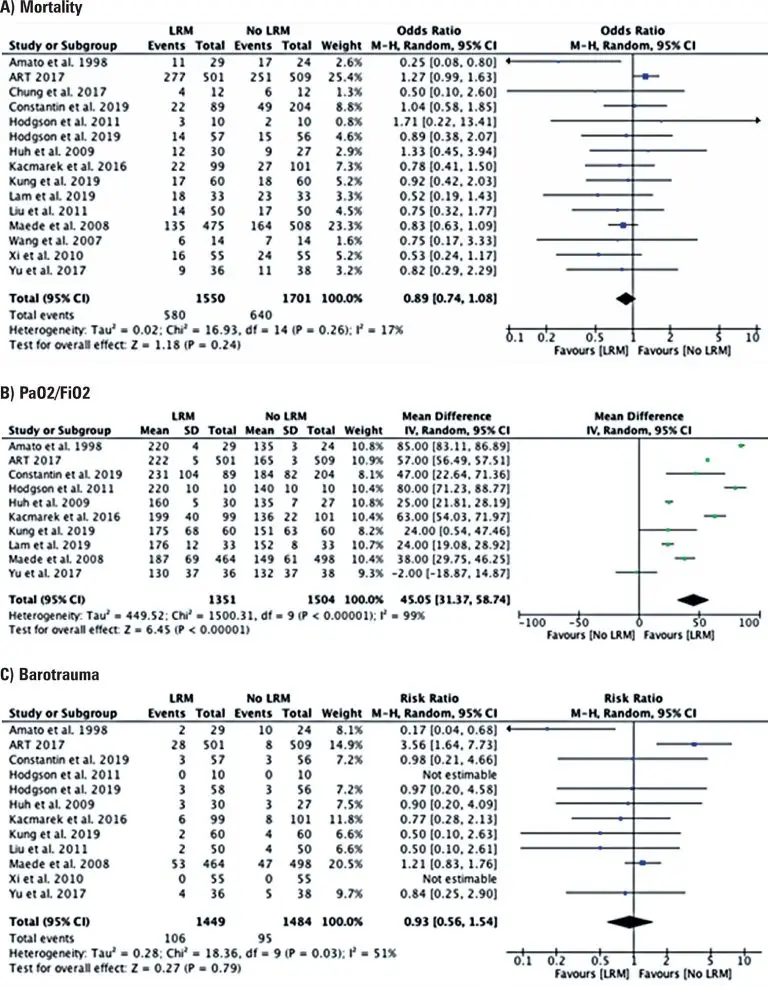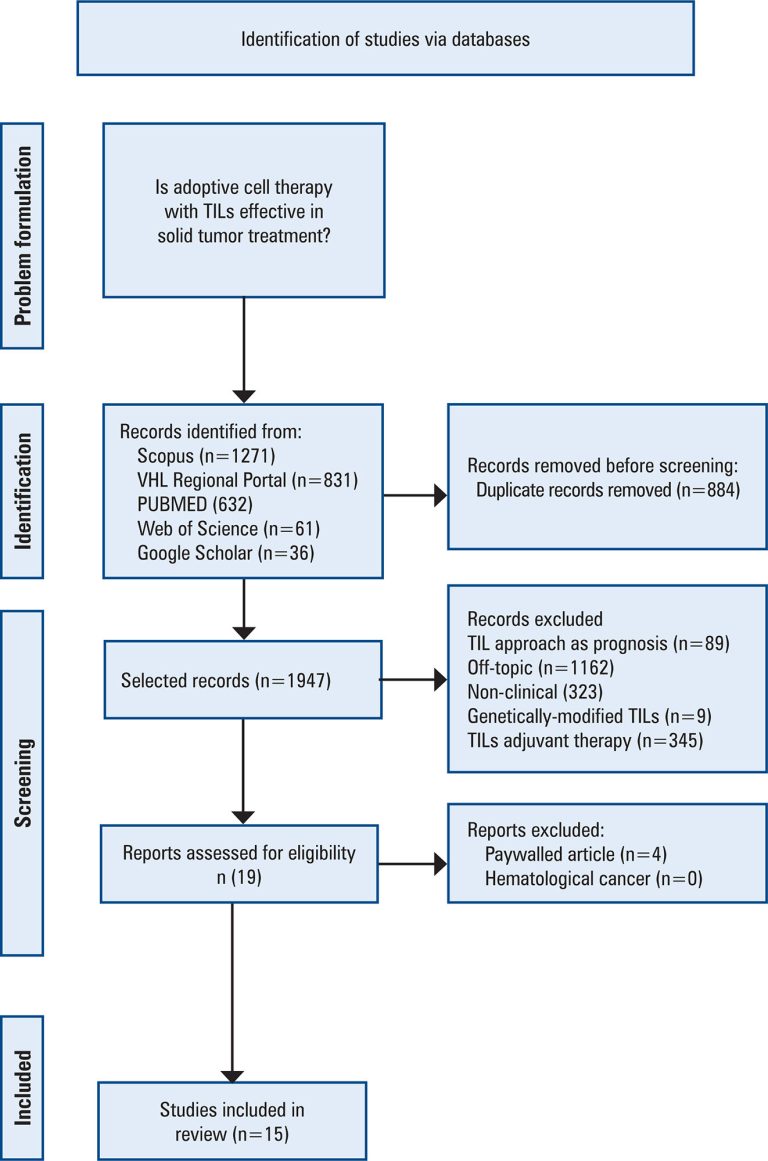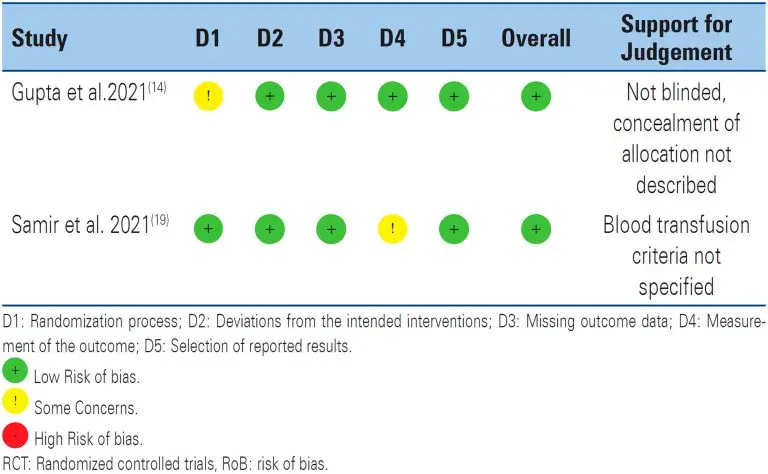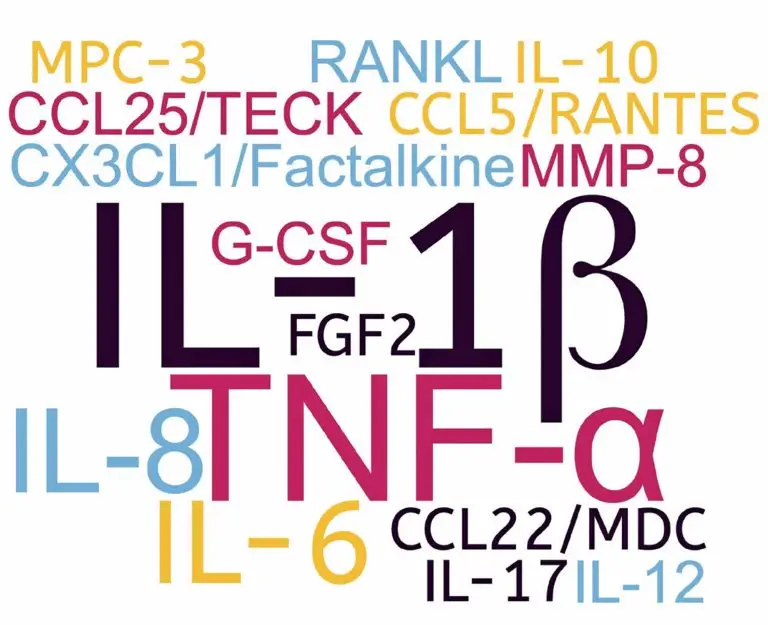17/Mar/2025
Phacoviscocanalostomy versus phacotrabeculectomy to treat glaucoma associated with cataracts: a meta-analysis
einstein (São Paulo). 17/Mar/2025;23:eRW1045.
View Article17/Mar/2025
Phacoviscocanalostomy versus phacotrabeculectomy to treat glaucoma associated with cataracts: a meta-analysis
DOI: 10.31744/einstein_journal/2025RW1045
ABSTRACT Objective: To compare the effectiveness and safety of phacoviscocanalostomy and phacotrabeculectomy in treating combined glaucoma and cataracts. Methods: A systematic review and meta-analysis were conducted following the PRISMA guidelines. The PubMed, Web of Science, Cochrane, and Embase databases were searched for randomized controlled trials or observational studies comparing phacotrabeculectomy to phacoviscocanalostomy in patients with glaucoma and cataracts. Statistical analysis was used to compare the efficacy (intraocular pressure reduction, mean deviation of the visual field, and failure rates) and safety […]
Keywords: Cataract; Glaucoma; Phacoemulsification; Trabeculectomy; Viscocanalostomy
14/Mar/2025
How the COVID-19 pandemic affected routine child vaccination: an integrative review
DOI: 10.31744/einstein_journal/2025RW1119
ABSTRACT Background Child immunization plays a critical role in preventing numerous diseases. However, the COVID-19) pandemic has profoundly disrupted healthcare systems globally, including routine child vaccination programs. Objective To provide an overview of the reduction in vaccine coverage among infants and children during the pandemic and analyze the potential impacts of decreased child immunization during this period. Methods A comprehensive search was conducted using the MeSH terms “Child,” “Vaccination”, and “COVID-19,” along with their synonyms. Systematic reviews published between March […]
Keywords: Child; Child health; COVID-19; Immunization; Immunization schedule; Infant, Newborn; Pandemics; Vaccination; Vaccination coverage; Vaccines
14/Mar/2025
Spiritual care in the intensive care unit. Is it already a reality?: an integrative review
DOI: 10.31744/einstein_journal/2025RW1081
ABSTRACT Introduction Spirituality has emerged as a phenomenon of interest in various global contexts. The adoption of spirituality as a fundamental aspect of healthcare remains underexplored, especially in critical environments such as intensive care units. Objective To identify strategies for incorporating spiritual care into adult intensive care environments through an integrative literature review. Methods An integrative review was conducted using the Embase, Web of Science, Medline/PubMed, PsycINFO, LILACS, and Cochrane Central databases. Twenty-one studies published in English, Spanish, or Portuguese […]
Keywords: Critical care; Health personnel; Intensive care units; Professional competence; Spiritual therapies; Spirituality
10/Mar/2025
Cutaneous manifestations of diabetes mellitus: a narrative review
DOI: 10.31744/einstein_journal/2025RW1193
ABSTRACT Diabetes mellitus is a highly prevalent human endocrine disorder. Skin lesions are reported in approximately one-third of all diabetes mellitus patients. The clinical presentation and frequency vary according to the subtype of diabetes mellitus, metabolic control, and clinical course, with certain skin diseases occurring before diagnosing hyperglycemia. In this regard, the correct definition of cutaneous manifestations associated with diabetes mellitus can help define the etiology of hyperglycemia as well as the need to optimize glycemic control. In this narrative […]
Keywords: Diabetes mellitus; Diabetes mellitus, type 1; Diabetes mellitus, type 2; Diagnosis, differential; Skin diseases
26/Feb/2025
Tranexamic acid in the management of traumatic brain injury: a systematic review and meta-analysis with trial sequential analysis
DOI: 10.31744/einstein_journal/2025RW0753
ABSTRACT Introduction Traumatic brain injury is a leading cause of death and disability. Tranexamic acid, an antifibrinolytic agent, holds the potential for managing intracranial hemorrhages secondary to traumatic brain injury. However, its efficacy and safety remain subjects of ongoing debate. Objective To better clarify the efficacy and safety of tranexamic acid in that context and to evaluate the need for further studies. Methods We conducted a comprehensive search of seven electronic databases, eight study repositories, and tertiary sources between January […]
Keywords: Antifibrinolytic agents; Brain injuries, traumatic; Central nervous system; Craniocerebral trauma; Tranexamic acid
17/Feb/2025
A narrative review of nosology and the concept of schizophrenia: criticism and proposal
DOI: 10.31744/einstein_journal/2025RW1131
ABSTRACT Schizophrenia diagnostics have evolved to adapt to clinical needs and scientific advances, and the current denominations emerged at the beginning of the twentieth century. Most problems arise while integrating clinical experiences, based on historical psychopathological descriptions, with emerging translational neuroscience research. This study aimed to evaluate the state-of-the-art critics of the current schizophrenia concept and their recommendations for new concepts. We performed a narrative review of the literature and searched for studies published in English in PubMed in the […]
Keywords: Psychiatric disorders; Psychopathology; Psychotic disorders; Schizophrenia
26/Nov/2024
Recruitment maneuvers in patients with acute respiratory distress syndrome: a systematic review and metanalysis
einstein (São Paulo). 26/Nov/2024;22:eRW0372.
View Article26/Nov/2024
Recruitment maneuvers in patients with acute respiratory distress syndrome: a systematic review and metanalysis
DOI: 10.31744/einstein_journal/2024RW0372
ABSTRACT Objective: To systematically review the effects of recruitment maneuvers on patients with acute respiratory distress syndrome. Methods: This systematic review and meta-analysis using the PICO methodology with keywords (respiratory distress syndrome, recruitment maneuvers, lung recruitment, acute respiratory distress syndrome, alveolar recruitment, and adult acute respiratory distress syndrome). Studies involving patients >18 years, regardless of sex, with acute respiratory distress syndrome, mechanically ventilated for at least 24 h, published in English, Portuguese, and Spanish, with no year restrictions, were included. […]
Keywords: Acute Respiratory Distress Syndrome; Mortality; Oxygenation
22/Nov/2024
Efficacy of treatment with tumor-infiltrating lymphocytes as adoptive cell therapy: an integrative review
einstein (São Paulo). 22/Nov/2024;22:eRW0935.
View Article22/Nov/2024
Efficacy of treatment with tumor-infiltrating lymphocytes as adoptive cell therapy: an integrative review
DOI: 10.31744/einstein_journal/2024RW0935
ABSTRACT Objective: This integrative review article examines the efficacy of adoptive cell therapy using tumor-infiltrating lymphocytes, with a particular focus on the treatment of melanomas and other solid tumors. Methods: The methodology encompasses theme definition, comprehensive database searches, and a critical review of pertinent literature. Of the 1,947 articles initially identified, 15 were meticulously selected based on stringent inclusion and exclusion criteria. Results: The findings suggest that tumor-infiltrating lymphocytes-based therapy is particularly effective in treating metastatic melanomas, as noted by […]
Keywords: Immunotherapy; Immunotherapy, adoptive; Lymphocytes, tumor-infiltrating; Neoplasms
21/Nov/2024
Tranexamic acid for reducing blood loss in bipolar transurethral resection of the prostate: a systematic review of literature
DOI: 10.31744/einstein_journal/2024RW0734
ABSTRACT Objective: To study the efficacy of tranexamic acid at reducing bleeding during bipolar prostate resection surgery (B-TURP) in patients with benign prostatic hyperplasia. Methods: We searched registers with MESH terms “prostate hyperplasia,” “prostate surgery,” and “tranexamic acid.” Studies available in full and online, published from 2013 to 2023, in Portuguese, English, Spanish, and French were included; review articles were excluded. Information sources: Portal Regional da Biblioteca Virtual em Saúde and PubMed Central. The Cochrane RoB2 tool was used to […]
Keywords: Hemorrhage; Prostatic hyperplasia; Tranexamic acid; Transurethral resection of prostate
21/Nov/2024
Effects of host modulation through omega-3 dietary supplementation on inflammatory outcomes in periodontitis: a scoping review
einstein (São Paulo). 21/Nov/2024;22:eRW0936.
View Article21/Nov/2024
Effects of host modulation through omega-3 dietary supplementation on inflammatory outcomes in periodontitis: a scoping review
DOI: 10.31744/einstein_journal/2024RW0936
ABSTRACT Objective: Inflammation causes the progressive destruction of the supporting tissues around teeth in patients with periodontitis. Therefore, this study aimed to investigate the immunological effects of omega-3 polyunsaturated fatty acids (n-3 PUFAs) as adjunctive therapy in patients with periodontal disease and identify potential biomarkers for the disease. Methods: This scoping review followed the Preferred Reporting Items for Systematic Reviews and Meta-Analyses guidelines to investigate the impact of omega-3 therapy with or without acetylsalicylic acid on the immunological parameters of […]
Keywords: Cytokines; Fatty acids; Inflammation; Omega-3; Periodontitis


